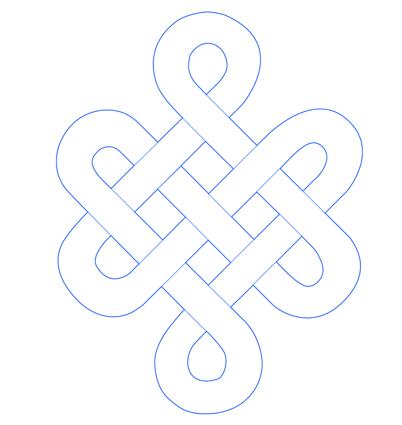Svabhava: Its Heretical Roots
Abstract
The purpose of this paper is to introduce the concept of Svabhāva, its historical locatedness in the non-Vedic, atheist traditions of Buddhism, and the materialistic schools of Cārvāka /Lokāyata. Svabhāva as a religio-philosophical concept has been cursorily treated or even completely ignored by contemporary scholars in relation to premodern debates across traditions. Svabhāva has been variedly interpreted as different traditions. The Śāstras of the Vedic tradition which particularly deal with the regulation of human conduct and nature presupposes an underlying apriori fixed, determined, changeless human nature (svabhāva) which is opposed to its traditional conception in the non-Vedic traditions. This paper lays out the framework to extend the scope of the notion of svabhāva beyond its non-Vedic origins and laws of nature or causality to understanding the central intent and implicit assumption on human nature in the dominant śāstric texts which caused them to create a hierarchical model of classifying human beings based on certain presupposed inherent characteristics.






